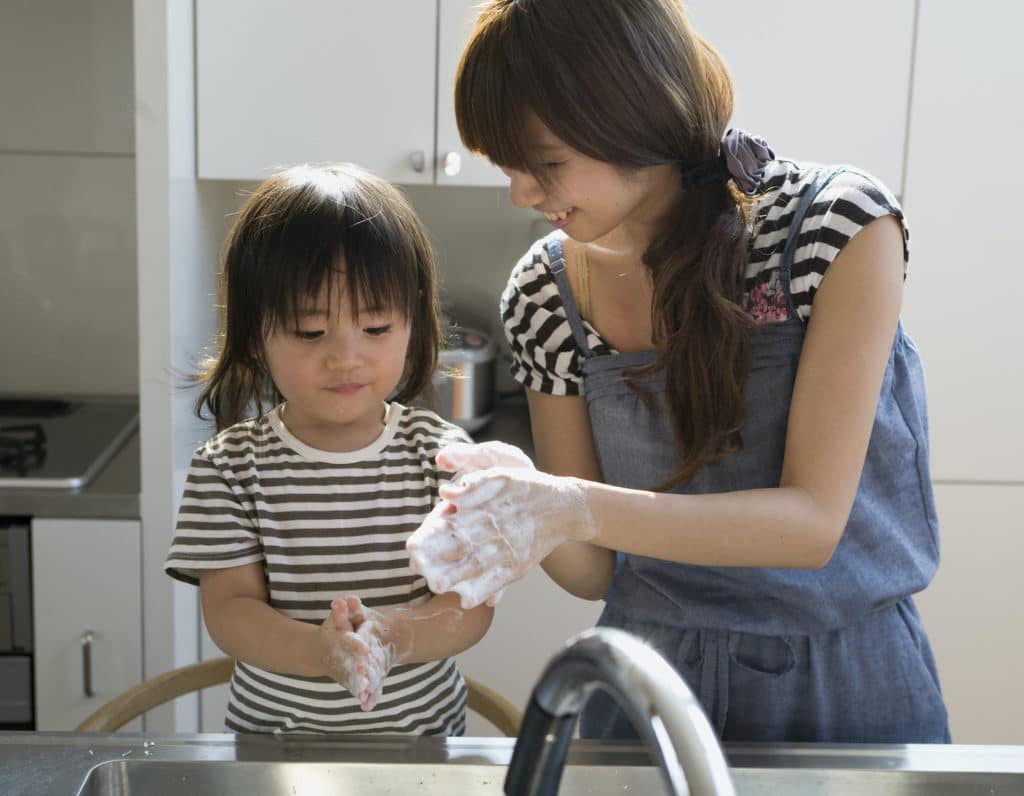
Coronavirus (Covid-19) has spread to the United States and Europe, and suddenly Australia is scrambling for toilet paper. Here’s what we’ve learned in Singapore that parents should know about coronavirus.
When coronavirus first came on our radar in late January, we scrambled to learn everything we could about the mysterious “Wuhan Virus” to ensure that we could keep our kids safe. We gleaned that hand-washing was the best defense against the spread of the virus (yet saw hand sanitizer, surgical masks and rubbing alcohol disappear from the shelves). We avoided crowded, public places (at least for a while — until we went stir crazy!). And we couldn’t decide whether to laugh or cry when the government declared DORSCON Orange and the island’s supermarkets were suddenly wiped (get it?) clean of toilet paper.
But a month-plus into the outbreak, we’ve settled into a sort of new normal. Singapore now has travel restrictions and advisories, temperature screening, contact tracing and quarantine. While we are fortunate to live in a place like Singapore that has set the global “gold standard” for its approach to tackling coronavirus, there are certain common sense lessons and learnings that we’d like to share with our friends and family around the world. Read on, keep calm, and carry on, mamas…
1. Wash Your Hands
So simple, yet so effective. Washing hands with soap and water – before and after meals, after sneezing, after using the bathroom, after holding a handle on the bus, whatever – is the best way to get rid of germs, but it’s also important to do it right.
Proper hand-washing technique means:
- Doing it for 20 seconds (sing “The Happy Birthday Song” or “ABCs” for guidance)
- Washing the front and back
- Scrubbing around fingernails
- Not forgetting thumbs!
- Trying to turn off the taps with your forearm or elbow
If you absolutely can’t find your way to soap and water, hand sanitizer is the next best option.
2. Get the RIGHT kind of sanitizer (or make your own)
When you’re on the go, hand sanitizer is the next best option after handwashing (click here to see a physical illustration of their discrepancy, though!). Remember, hand sanitizer must be at least 60% alcohol to ensure the germs are reduced (never before have we taken such a close look at wipes and hand sanitizer ingredients!). Thankfully in the last week or two we’ve been seeing hand sanitizer back on store shelves in Singapore, including at supermarkets and pharmacies.
You can also go the DIY route, just be sure that your solution is at least 60% alcohol! And skip the wet wipes – while these are good to have for wiping down surfaces, they may actually spread germs on your hands. Yikes!
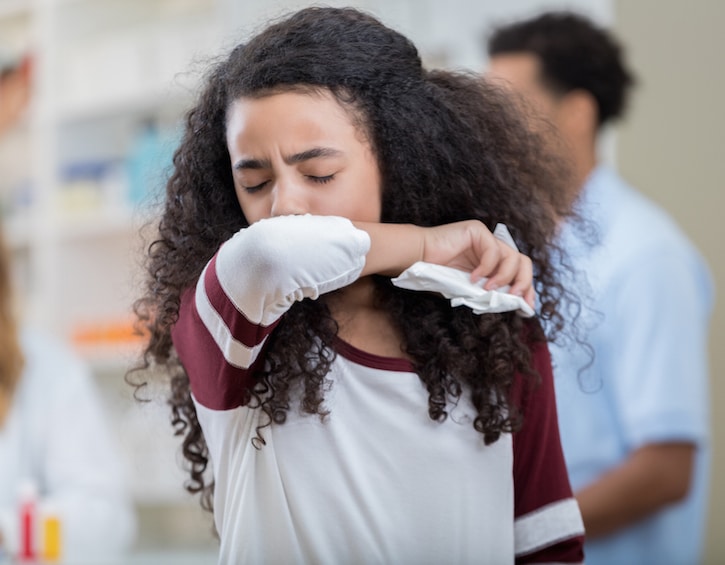
3. Know how to cough and sneeze properly
It’s all about the elbows here! Always cover your mouth when coughing or sneezing, but don’t do it with your hand! (Or if you do, wash your hands immediately, and try not to touch the taps if you have to turn them on!). Or cough or sneeze into a tissue, then throw that away immediately, then wash your hands!
It’s really hard, but try to avoid touching your face (including mouth, nose, and eyes) – and wash your hands if you catch yourself doing it. For this reason, you basically can’t wash your kids’ hands enough!
Of course, if you’re coughing and sneezing a lot due to a cold, then it’s actually time to wear a mask…
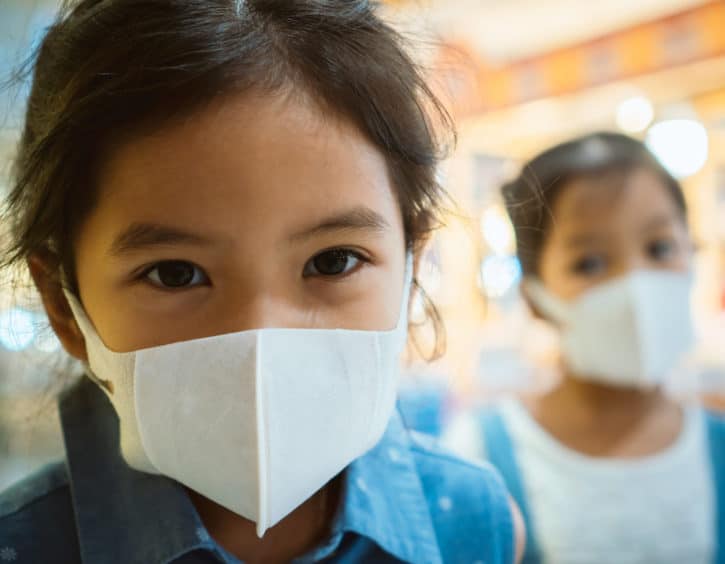
4. When to wear (and not wear) a mask
Surgical masks have become such a fraught emblem of the coronavirus outbreak – there’s been a worldwide panic on them, to the point that hospitals are running low and counterfeits are alarmingly flooding the market. On the one hand, we want people who are sick to cover up, and it’s been emphasized that masks have no real benefit for people who aren’t sick, and yet everyone seems to suspect and be paranoid about everyone else, so that we then eye those wearing masks suspiciously. It feels like a vicious cycle!
The bottom line: Wear a surgical mask if you have respiratory symptoms such as a cough or runny nose; as according to the MOH, “Masks are generally not needed for people who are well.” In fact it is advised by MOH to NOT wear N95 masks (the type that are most effective against the haze), for while they will protect against virus IF worn correctly, it is thought that due to the discomfort of wearing an N95 there is a much higher chance of touching one’s face to readjust or itch and this will increase exposure to the virus if it is present on your hands. For the same reason, there is limited benefit to having young children wear a mask (and in fact it can be a danger if it inhibits their breathing). If your baby, toddler, or young child is coughing or sneezing, the best move will always just be to keep them home, mama.
Here in Singapore, we are so lucky that the government issued four surgical masks per household free of charge for purely precautionary reasons. Here’s hoping it stays that way!
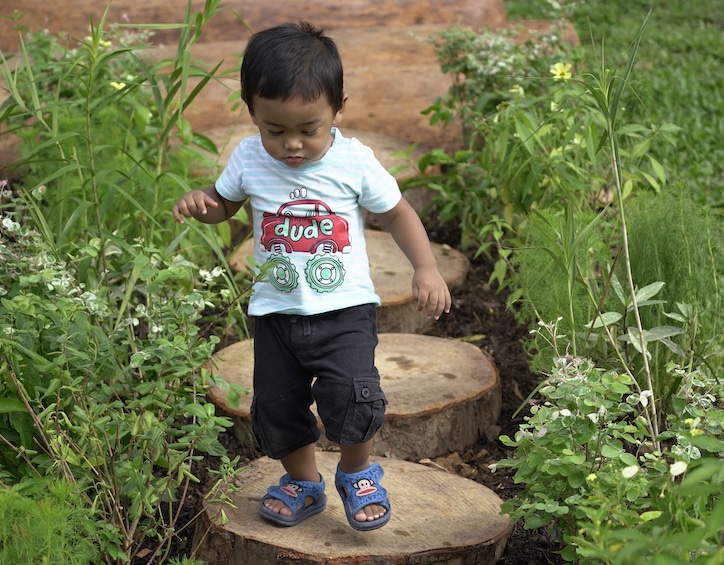
5. Spend time outside
Whether you’re suffering from cabin fever or you simply want to avoid those nasty germs (and who doesn’t?), experts say you should go outside, as sunlight and heat can kill the virus, not to mention Vitamin D and exercise can help boost immunity! This applies even to our friends in the Western Hemisphere (though you’re not blessed with those sweet germ-killing 80 degree temperatures right now — sorry!).
Read more: Our Favorite Parks in Singapore
6. Talk to your kids honestly about what’s going on
Coronavirus is all over the news, and given the importance of hand washing it’s a super hot topic at schools, too – even at the preschool level. While it can seem a bit scary with all the talk of fatality rates and uncertainty about containing it, experts agree that talking to kids openly, honestly, and in an age-appropriate manner will ultimately help assuage their fears and strengthen your parent-child bond. (By the way, this article has a fantastic breakdown of statistics – including fatality rates – that should make things a lot less scary for kiddos).
As Clare Lancaster, an Educational Psychologist from Tanglin Trust School explained,
“It’s important to remind [young] children that they are safe and that adults are there to look after and protect them. They need to be reminded that most times, things go well and that when they don’t, there are lots of things that adults do to make things safer and better to help everyone who has been affected. It’s important to be factual, but not give too much information. Your child may have lots of “what if” questions; answer these with a focus on safety, and some “What if it’s all ok?” questions of your own.
Read more: Age-appropriate advice from educational experts on talking to kids about coronavirus
7. Follow the right steps for going to the doctor (or stay-home orders)
While some countries have been quicker than others to put protocols in place so as to reduce spread and keep people home (have we mentioned that we love living in Singapore?) it’s important to familiarize yourself with government protocols wherever it is you live.
For instance, here in Singapore people with respiratory or flu-like symptoms are advised to visit a government-designated public health preparedness clinic. There are also various protocols around Leave of Absence and Stay-Home Notice in relation to overseas travel and other factors.
If your kiddo is sick with a fever or what seems like a common cold, keep them home and try calling your pediatrician for advice. Watch them for a few days to see if their symptoms improve. One of the major silver linings of the coronavirus outbreak seems to be that children are relatively unaffected by it.
People are obviously traveling a whole lot less, but if you must fly, follow these tips for disinfecting your space. You may also find some reassurance from these expert tips from a “flying doctor.” And take solace in the fact that Asia is home to 8 of the world’s top 10 cleanest airlines!
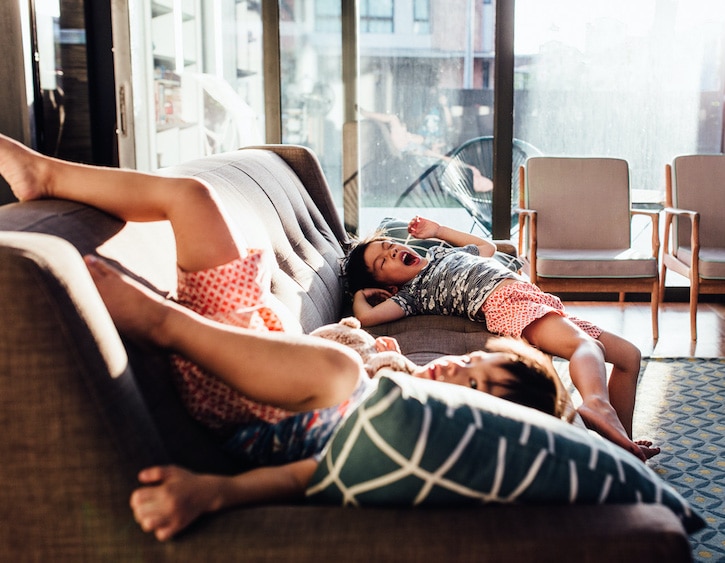
8. Embrace the beauty of working (or playing) at home
To reduce crowding in offices (and on commutes), lots of companies are asking employees to work from home. While there are certainly lots of upsides to working from home, despite the increased “quality time” you might suddenly find yourself stressed to have your kids on top of you (and vice versa).
First of all, we will not judge you for one single second if you need to park the kiddos in front of the TV (check out our guide to The Best Educational TV Shows for All Ages if you need some inspo!). There are also plenty of ways to get crafty, and we’ve consulted with parenting experts to find out more ideas for activities and games that boost creativity and collaboration (at least in theory!) with no additional materials required.
Of course, if you’re going to be spending more time at home, you’ll want to keep it extra spic and span. Be sure to check out the NEA website for a list of recommended household products and active ingredients for disinfection of COVID-19. For general precautionary cleaning, NEA says that detergent and water are adequate. For disinfection of areas that are very likely to be contaminated with COVID-19, disinfectant/cleaning products listed on their website can be used.
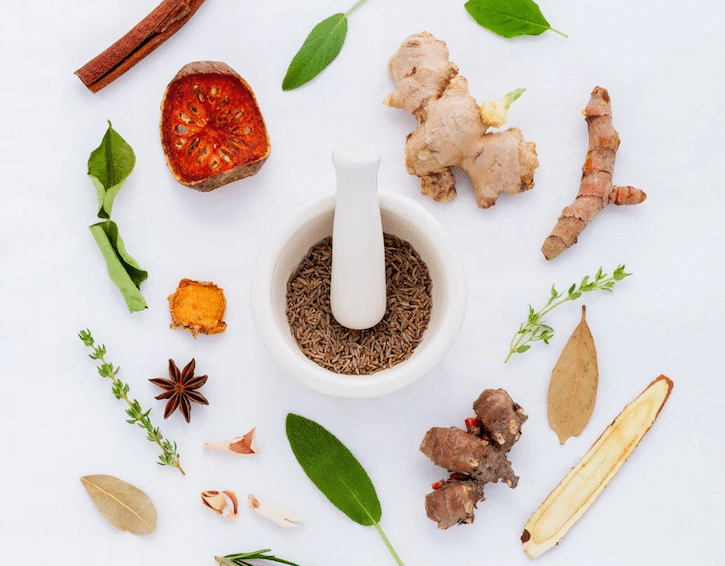
9. Eat right
If you and the kiddos can boost your immunity and stay strong on the inside, it’ll help you fight Covid-19 when you go outside the house! Check out our roundup of immunity-boosting superfoods (led by turmeric and ginger), and try to consume other probiotic-rich foods and drinks like kefir, kimchi, yogurt and kombucha. You can also consider probiotic supplements or multi-vitamins to help boost your gut health.
10. Don’t stress
Way easier said than done, we know, but stress and anxiety can actually increase your body’s chances of becoming ill. If you’re wracked by coronavirus-related anxiety, besides going outside or partaking in other fun self-care activities that you enjoy, perhaps try a mindfulness app or meditation class.
You could also consider talking to a counsellor or therapist, because just as being able to vent and asks questions will help calm your kiddos’ fears, so will it help parents, too!
If any positive has emerged from this terrifying epidemic, it’s been the instances of cooperation, collaboration and support for those in need in evidence all over the world. Globalization is real, and it’s not going anywhere. We’ve all learned important lessons about personal hygiene (we bet our kids will be way more diligent about washing their hands than we ever were!), and can’t help but feel a little bit proud of how this has built up our collective resilience. A little altruism and empathy goes a long way; before shooting daggers at that person coughing in the corner, think how you’d feel in the same position — try to trust in others rather than immediately assuming the worst. We’ve seen the benefits of a responsive and informed government that values science, data, and the wellbeing of its people, and can only hope that the rest of the world is able to take some cues from our little island.
Read more:
How to Make DIY Hand Sanitizer
Coronavirus Deals in Singapore on Play & Staycations
How to Talk to Kids about Coronavirus, from Toddlers to Teens
Is it Safe to Send My Child to School During Coronavirus?
Superfoods to Boost Immunity






 View All
View All




 View All
View All









 View All
View All





